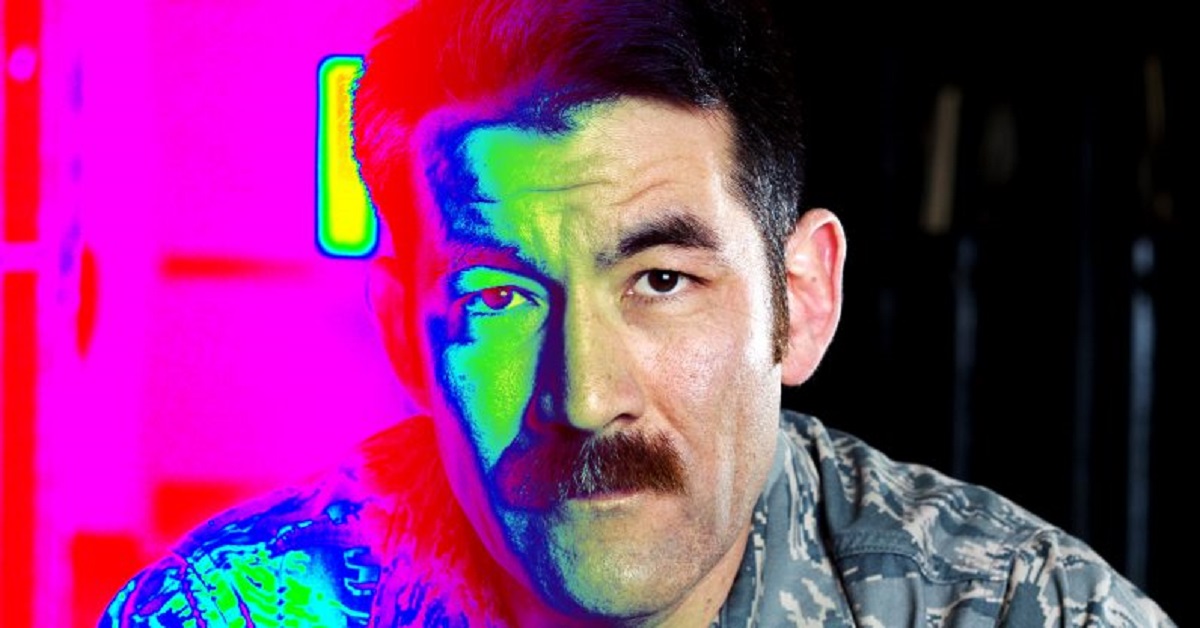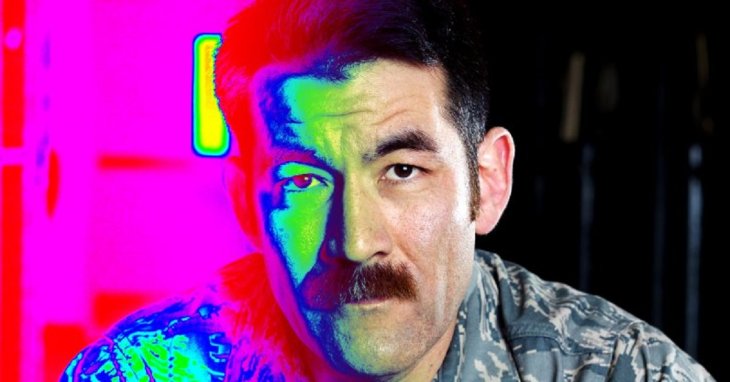AI Is Being Trained To Identify Faces In The Dark Using Thermal Images
Dhir Acharya - Jan 13, 2021

Night vision optics can help robots see in the dark, but there haven’t been any methods to train them to identify targets using just thermal imagery.
- Google's Project Genie: Premium Subscribers Unlock Interactive AI-Generated Realms
- AI Intimidation Tactics: CEOs Turn Flawed Technology Into Employee Fear Machine
- David vs. Goliath 2.0: How DeepL's NVIDIA SuperPOD Makes Google Translate Look Like Dial-Up Internet
If this robotic invention comes to life, we could have killer robots with the ability to see and identify faces in the dark. Last week, the corporate research department of the US Army, DEVCOM, published a pre-print paper that documented how they developed an image database to train AI to recognize faces through thermal images.
Night vision optics can help robots see in the dark, but there haven’t been any methods to train them to identify surveillance targets using just thermal imagery. But that could change with this database, which includes hundreds of thousands of pictures of people in regular light and their thermal images.

An AI will be trained to use a number of parameters to categorize images. The artificial intelligence does not care if the picture of a face is in natural light or thermal images, it only needs a lot of data to recognize better. However, with nearly 600,000 images of only 395 subjects, the database is still small compared with standard facial recognition databases.
The insufficient data amount means that the AI won’t identify faces effectively. Researchers at DEVCOM conclude their paper:
“Analysis of the results indicates two challenging scenarios. First, the performance of the thermal landmark detection and thermal-to-visible face verification models were severely degraded on off-pose images. Secondly, the thermal-to-visible face verification models encountered an additional challenge when a subject was wearing glasses in one image but not the other.”

Ultimately, if the technology is further developed, it could result in better combat control on the battlefield. But if the results do not improve, it could lead to the death of innocent people that are falsely recognized.
Featured Stories

Features - Jan 29, 2026
Permanently Deleting Your Instagram Account: A Complete Step-by-Step Tutorial

Features - Jul 01, 2025
What Are The Fastest Passenger Vehicles Ever Created?

Features - Jun 25, 2025
Japan Hydrogen Breakthrough: Scientists Crack the Clean Energy Code with...

ICT News - Jun 25, 2025
AI Intimidation Tactics: CEOs Turn Flawed Technology Into Employee Fear Machine

Review - Jun 25, 2025
Windows 11 Problems: Is Microsoft's "Best" OS Actually Getting Worse?

Features - Jun 22, 2025
Telegram Founder Pavel Durov Plans to Split $14 Billion Fortune Among 106 Children

ICT News - Jun 22, 2025
Neuralink Telepathy Chip Enables Quadriplegic Rob Greiner to Control Games with...

Features - Jun 21, 2025
This Over $100 Bottle Has Nothing But Fresh Air Inside

Features - Jun 18, 2025
Best Mobile VPN Apps for Gaming 2025: Complete Guide

Features - Jun 18, 2025
A Math Formula Tells Us How Long Everything Will Live
Read more

ICT News- Feb 13, 2026
Elon Musk Pivots: SpaceX Prioritizes Lunar Metropolis Over Martian Colony
While Mars enthusiasts may feel a temporary setback, the lunar focus could ultimately fortify humanity's multi-planetary future.

ICT News- Feb 15, 2026
X Platform Poised to Introduce In-App Crypto and Stock Trading Soon
X has been laying the groundwork for this expansion.

Mobile- Feb 14, 2026
Android 17 Beta 1 Now Available for Pixel Devices
While Android 17 Beta 1 doesn't introduce flashy consumer-facing changes yet, it lays the groundwork for a more robust and flexible platform.
Comments
Sort by Newest | Popular